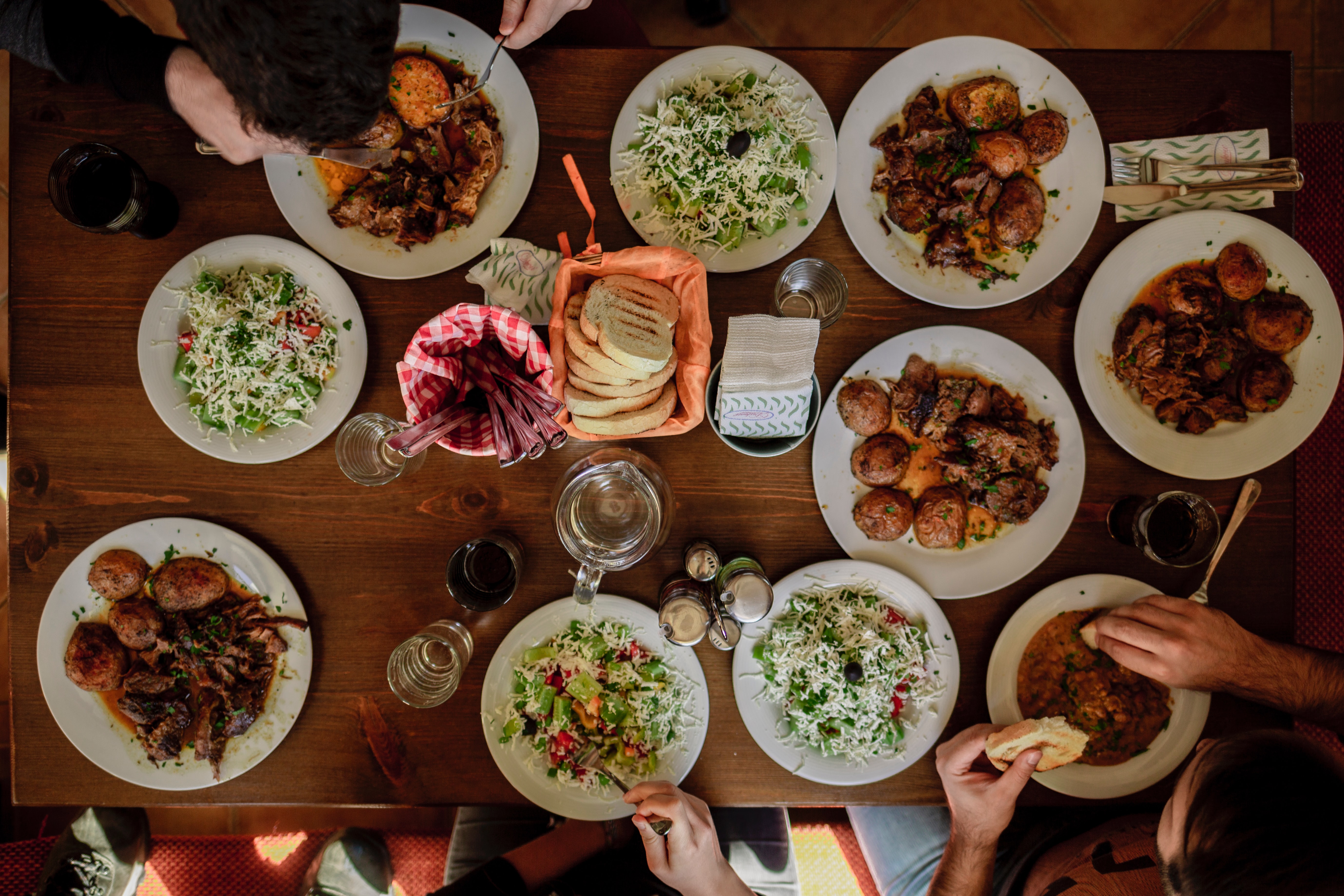With the season of gratitude approaching, so too is the time when families and friends come together and share their political views. And with politics, unfortunately, becoming more divisive than ever, the ideological debate seems to be around every corner, including among friends.
Whether or not politics is on the menu at your Friendsgiving dinner, these tips can help you approach discussions with loved ones from different political backgrounds in a healthy manner.
Tip #1: More listening, less convincing

A common roadblock to healthy political discourse among friends is the tendency to approach these types of conversations as if they were a debate. Someone in the room makes mention of a policy that has been making headlines and all of a sudden we have talking points ready for anyone who opposes our view.
But how often does this type of scenario lead to all participants feeling heard? Having a political conversation with a friend doesn’t have to be a win/lose scenario. Rather than going into the conversation with the goal of changing someone’s mind, try to reframe it as a way to learn more—both about your friend and about perspectives other than your own.
Instead of waiting for a chance to insert your next argument, consider what your friend is saying. Ask clarifying questions and paraphrase their statements back to them to make sure you understand. These simple steps will show your friend that you are committed to having a healthy discussion.
Engaging in healthy conflict means openly and respectfully discussing points of disagreement nonjudgmentally.
Once you’ve heard their side, check whether your friend is willing to hear you out. A healthy way to do this can be to clearly indicate you are about to offer another perspective before proceeding. If they are willing to continue the conversation, great. If not, take advantage of the opportunity to exit the conversation. You can’t control how others respond, but you are responsible for protecting your well-being. Remember, engaging in healthy conflict means both sides can openly and respectfully discuss disagreements nonjudgmentally.
Tip #2: Have a plan for moving forward

When you’re in political territory, it can be difficult to know where the limits are. A casual setting like your Friendsgiving dinner introduces a variety of potential variables. Maybe alcohol is involved, people are taking sides, and things are getting unintentionally heated. Or maybe everything is proceeding in a healthy way but you and your guests are ready to turn the conversation toward a different topic.
You can’t predict how these conversations will play out, so establishing a game plan before joining in on any political discourse is a great strategy. This can include how much time you are willing to devote to this type of engagement and what types of emotions warrant pausing or halting the conversation altogether.
Moreover, come prepared with a healthy de-escalation method for when it’s time to pivot. Something like, “I agree this is a difficult issue. I’m going to refill my plate/drink but I’d be willing to pick this up another time,” can help establish some common ground and allow for a neat transition. If things get uncomfortable and you need an out, “I have to get going, but this has been informative,” should suffice while you take time and space to process.
Tip #3: Create space

An interesting statistic: Leading up to the 2020 election, more than three-quarters of voters on both sides of the aisle said they had just a few or no friends who support the other side.
When confronted with peers who have different views from our own, many people tend to cut them out—inevitably surrounding themselves with people who think just like them—or alternatively hide their beliefs just to keep the peace. But when we don’t take the time to understand others’ views, we can actually stand in the way of developing meaningful friendships. Listening, asking questions, and parking the conversation when appropriate can be a truly empowering exercise.
And once you’ve established the ability to have healthy political discussions, revisit these topics with those friends as often as you are comfortable. Reinforcing the idea that certain things are off the table with your close friends perpetuates a system of taboos and oppression.
Alternatively, fostering kindness by creating a safe space where friends from all backgrounds can share their views without being attacked, belittled, or judged is one of the most meaningful things you can do for yourself and your friendships this Thanksgiving season.
Major caveat: If despite your efforts, political conversations with your friends still leave you feeling as though you can’t truly be yourself, this could be a potential red flag of an unhealthy relationship.
For more information on determining whether your friendships are healthy and how to proceed if not, read here.








